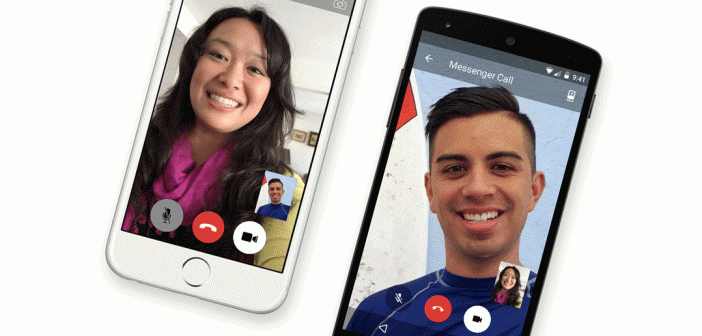By Janis Zech, COO and co-founder of mobile advertising technology company Fyber
I’m always glad to come to sunny Barcelona for Mobile World Congress. After all, where else can I get a glimpse into the future of mobile, test out new devices, and network with the industry’s best all at the same time?
This year, the GSMA kicked things off with a bang, with a few topics taking centre stage from day one. Virtual reality (VR) is quickly becoming a ‘real’ reality and it will explode soon. The Internet of Things (IoT) is redefining what we think of when we say ‘mobile device’, and that includes some very cool robots. And of course, Facebook pushed forward with a powerful, global mobile agenda, which was presented by Mark Zuckerberg here at the show yesterday evening.
For Zuckerberg’s presentation, the auditorium was packed (with a queue lined up for at least an hour before the keynote began). There were three standout points from my perspective:
Faster, better internet access for all
Two initiatives made it clear that Facebook is committed to the idea of delivering faster, better internet access for all. The first is a continued focus on Internet.org. Zuckerberg noted that the company was testing “solar powered planes … that would allow [internet service providers]to connect people in areas where terrestrial infrastructure has not arrived yet.”
On the other end, is the new Telecom Infra Project. With partners like Nokia, Intel, Deutsche Telekom and SK Telecom, the goal is to create a more open environment for faster development of mobile technologies like 5G.
Yet as altruistic as it seems, there’s still the question of how Facebook’s involvement in the creation and delivery of mobile technology standards will help (or harm) end users. That question is partly behind the resistance to the Free Basics project, which aimed to deliver free mobile access to specific websites in India. Zuckerberg acknowledged that the project was shut down, but said it wouldn’t deter the company’s Free Basic efforts in other countries. “It [just]proves that every country is different,” he said.
Where mobile meets VR
Facebook made a billion-dollar investment in VR with Oculus Rift, so you’d expect Zuckerberg to be quite bullish on the technology. But for Facebook, the promise of VR still comes back to connection, and giving people better ways to engage with the things they care about.
Creating and sharing video on mobile, for example, is the most popular way people do that now, but it’s not the end of the line. In the near future, Zuckerberg predicts that people will want to share the full 360-degree experience they’re having with others, and that VR will be how we do it.
Mobile will help drive the growth in VR, much in the same way it’s helped drive growth in video; from the back end. As people consume more video, the networks have had to make infrastructure improvements to allow for better experience while streaming, downloading and uploading. The same will be true for VR, and it’s especially good news for the mobile developers waiting to incorporate VR into their games and apps.
The road ahead for 2016
There’s one more push into the future on Facebook’s horizon, and that’s artificial intelligence (AI). The company has a unique interest in developing AI programmes, and Zuckerberg said he’s challenging his team to build an in-house system.
At its simplest, AI boils down to pattern recognition, and Zuckerberg referenced projects like language translation, self driving cars and programs that can detect skin cancer, as examples. This pattern recognition and automation makes the notion of AI increasingly crucial to Facebook’s global efforts.
We’ll have to see when and how AI really begins to influence the everyday user, developer or advertiser’s world, but under the microscope of a massive company like Facebook, I’m sure it will happen sooner than we all expect.
Fyber helps freemium app and game developers grow revenue streams through ad monetisation across all connected devices.





